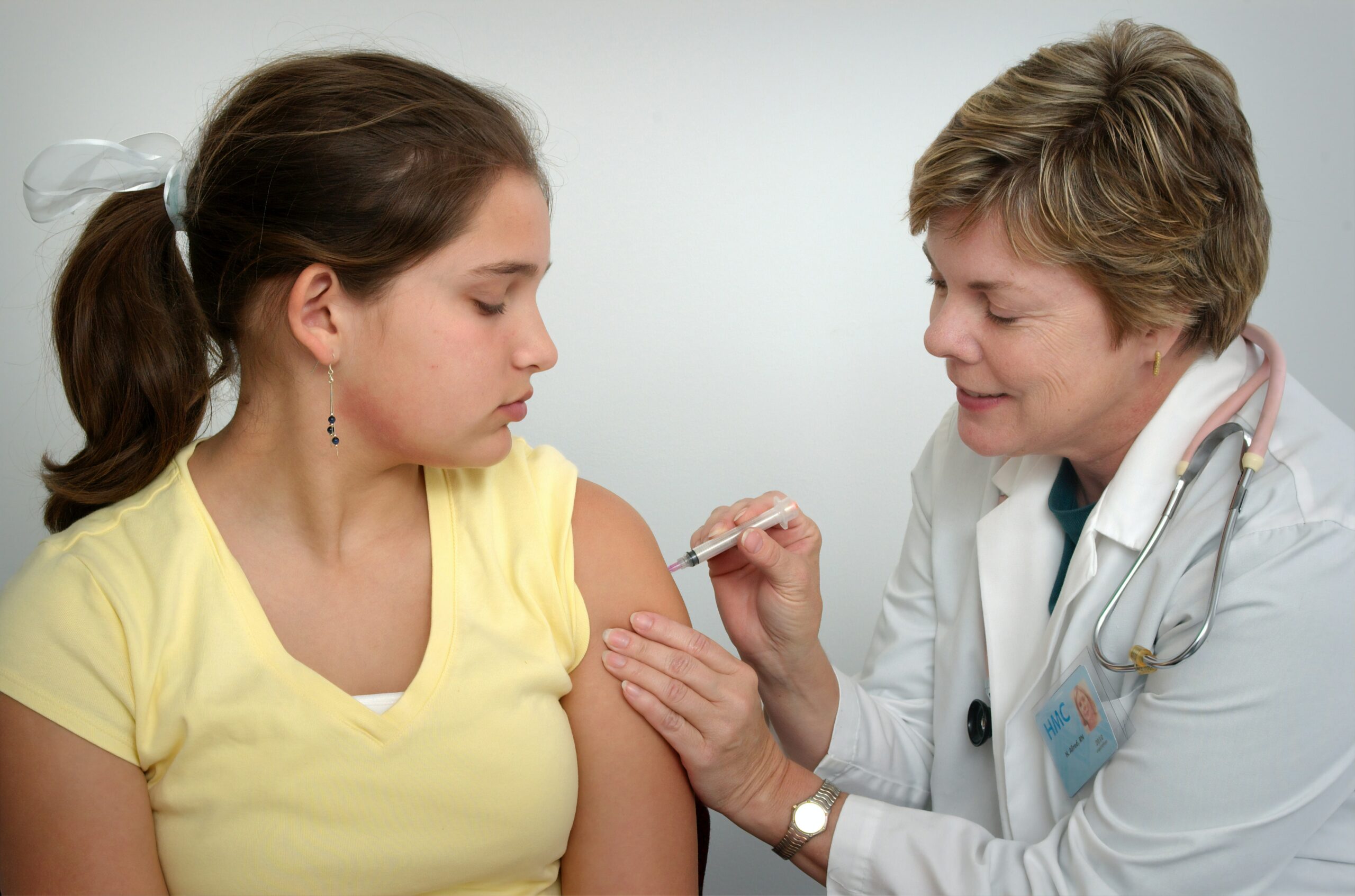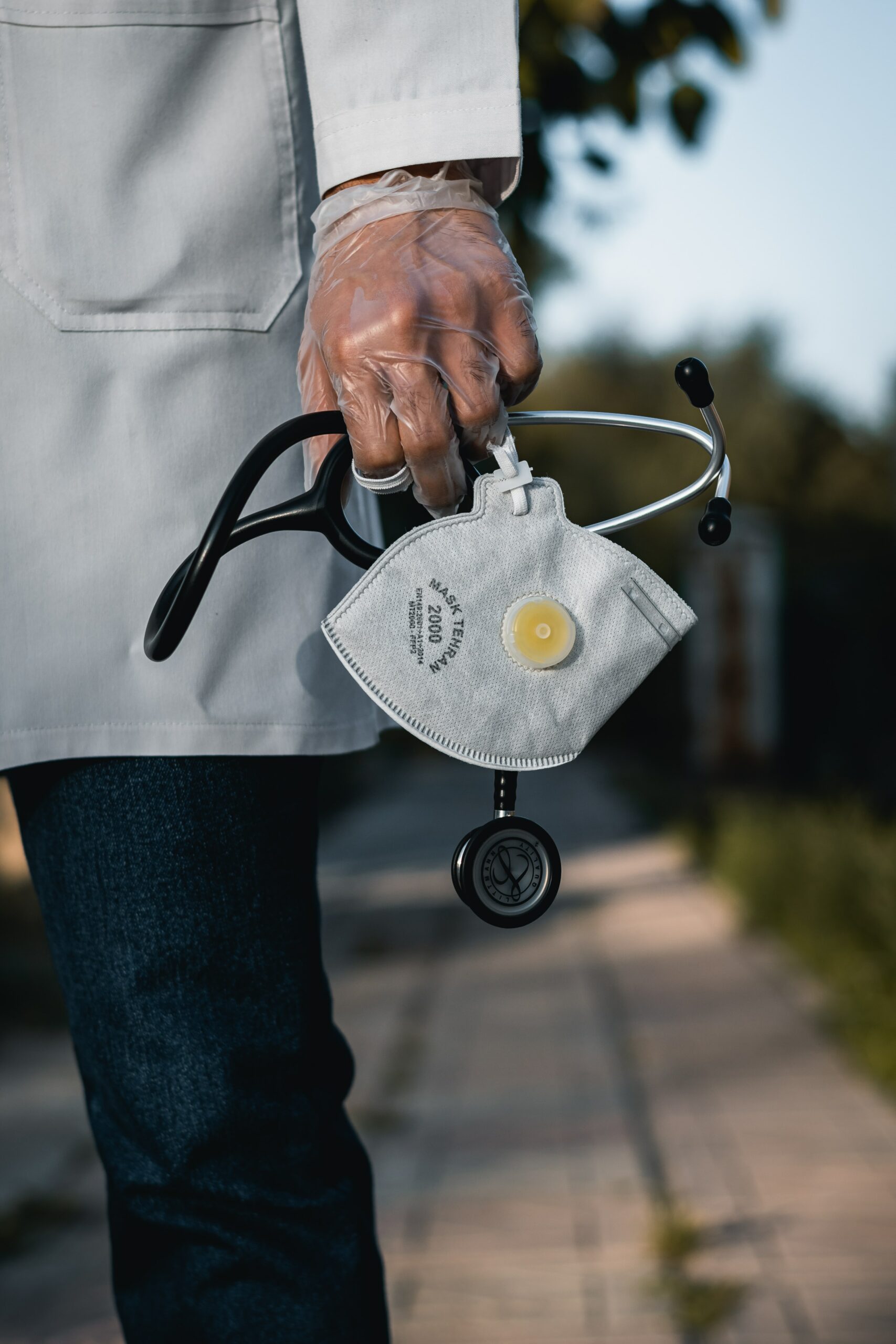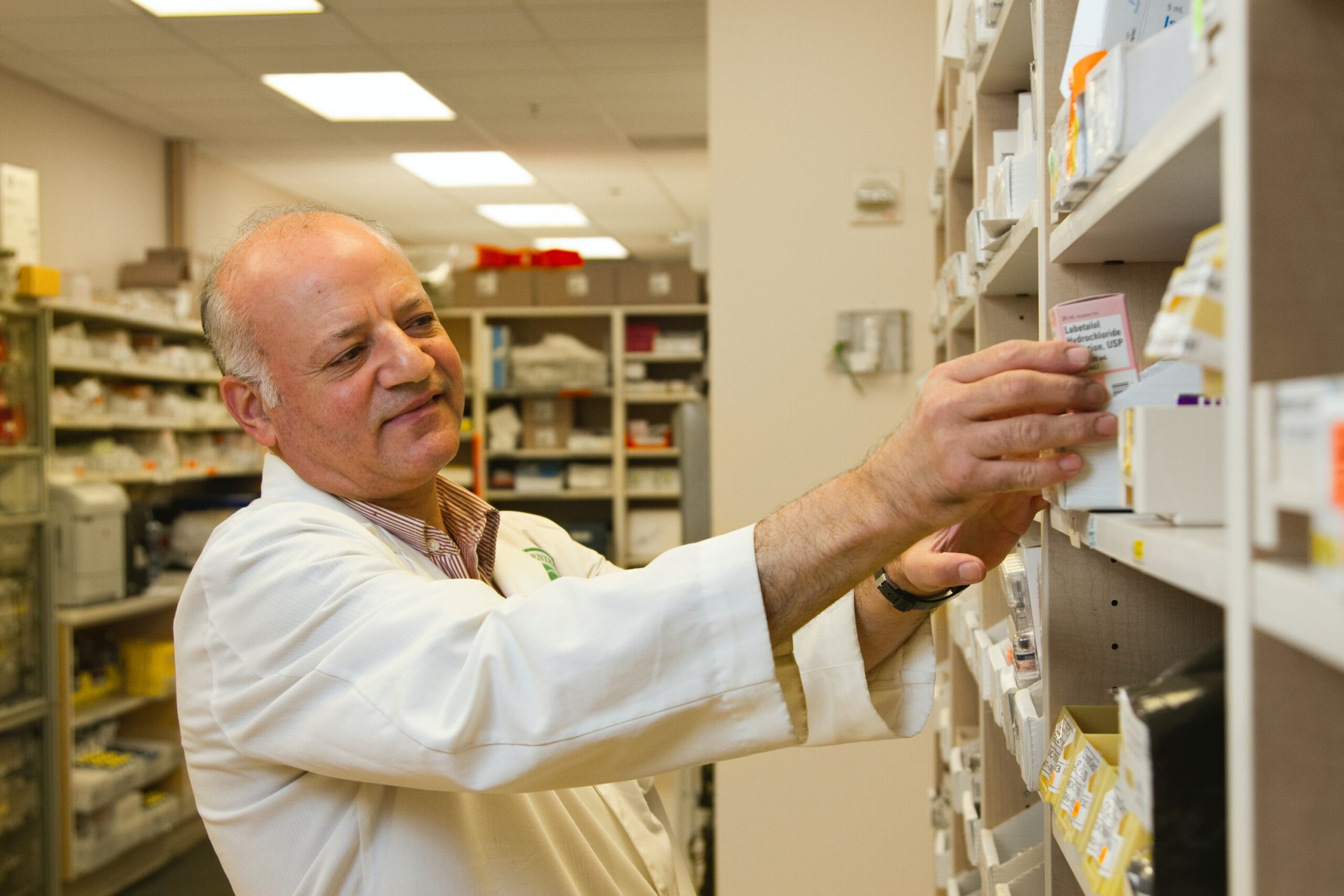Dementia is a form of the disease that includes Alzheimer’s disease. It is a central nervous system neurodegenerative disease that progresses. It disrupts cognitive functions and renders an individual unable to function independently as a result.
Alzheimer’s Disease Is Caused By A Variety Of Factors

It is most common in the elderly, particularly those between the ages of 65 and 85. Age, genetic abnormalities, and inherited disorders are all factors that raise the risk of developing the disease. The overwhelming majority (over 90%) of incidents, on the other hand, are intermittent, meaning they have no known cause. Other environmental factors (low social interaction, low level of education) and health factors are thought to play a role in the disease’s progression. Hypertension, heart disease, high blood sugar, obesity, and even prior head injuries are among them.
However, it is still unclear which of them contributes directly and to what degree to the development of Alzheimer’s disease; the disease’s exact pathogenesis is unknown.
Signs And Symptoms
The disease is categorised into three stages: preliminary, moderate, and advanced. Both the patient and his or her nearest family members find it difficult to notice the beginnings. It’s common to equate occasional forgetfulness with old age.
- There are problems with so-called fresh memory in the early stages. During this time, the sick person can repeatedly ask the same questions during a single conversation. He has a habit of forgetting where he put his keys or whether he did something (e.g. wonders if he ate breakfast today).
- The first symptoms of spatial orientation problems emerge, and they get worse over time.
- The sick person is increasingly putting things in the wrong spot, has more and more issues with general attention, and at the same time obsessively focuses on one element or object.
- Routine, day-to-day tasks are difficult to complete.
- The patient’s well-being deteriorates, and there are noticeable shifts in his or her actions and attitude. He seems to be absent, his mood is evidently depressed, he displays no effort, he is unwilling to engage, and he withdraws.
- There has been a general drop in activity.
- At this stage, speech disorders might already be present. During the talks, the patient starts to run out of vocabulary, and his or her sentences become stale.
- The patient’s cognitive dysfunction becomes more severe as the disease progresses.
- The symptoms of the disease become more apparent to the world as it progresses.
- Memory issues escalate in a moderate level. It is possible that the patient will no longer remember his family.
- Behavioral shifts become more serious, and aggressive outbursts occur, all of which are detrimental to the patient and his environment.
- Obsessions such as compulsive eating attacks, attempts to chew inedible items, or a reversal of the sleep-wake cycle (the patient sleeps for days and is more active at night) are also observed.
- At this stage of the disease, psychotic disorders such as hallucinations and delusions may occur.
- The patient loses all ability to work independently and needs continuous, round-the-clock treatment in the most difficult, advanced stage of the disease.
- He loses control of his own body and there is no touch with him. Symptoms include urinary and bowel incontinence, as well as an improvement in muscle tone and a slowing of movement.
- The ill person is unable to eat, dress, or wash himself; he needs constant feeding and treatment.
- She is having difficulty walking, so she is getting out of bed less and less.
- He no longer recognises not only his loved ones, but also his own image in the mirror.
Where Can I Get Guidance?
Caring for those with Alzheimer’s disease is difficult and time-consuming. And, while the relatives do their best to fulfil the patient’s needs for as long as possible, there comes a point where, despite their best efforts, they are unable to offer sufficient, thorough treatment. Then you should seek assistance from a specialist hospital. Families are hesitant to “hand over” a loved one to the centre, according to Dorota Pohorecka-Kudra, Coordinator of the Therapeutic and Care Department, LUX MED Tabita:
The use of all practicable means of stimulating the patient is an incredibly necessary part of the proper course of clinical processes in the case of an individual with Alzheimer’s disease. LUX MED Tabita’s Coordinator of the Therapeutic and Care Department, Dorota Pohorecka-Kudra, adds that such an interdisciplinary approach yields excellent results:

The stage of disease progression, the patient’s mental and physical state, as well as any associated diseases, must all be considered. We make every effort to tailor rehabilitation programmes to the specific needs of each patient.
It is unclear how to prevent Alzheimer’s disease since the direct causes of the disease’s progression are unknown. However, as a preventive measure, it’s important to remember to live a safe and active lifestyle – without stimulants, but with plenty of exercise, a nutritious diet, and brain-stimulating activities.
We care for our customers Well-being! Offering You good quality customer service!

